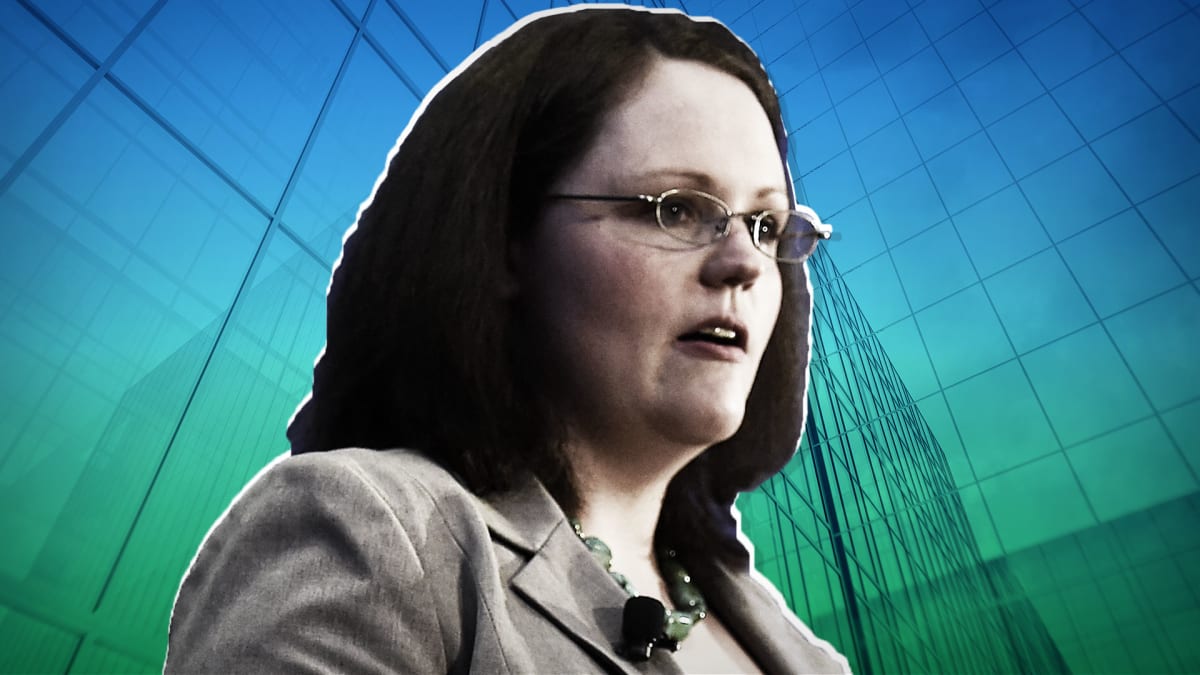
It is both a great and challenging time to be in the market for a job. While a nationwide labor shortage is making it easier for some workers to walk if they're not given an attractive offer, higher salaries are being chipped away by inflation.
Remote work offers new opportunities but, to lure over in-person workers, some employers are amping up benefits ranging from better retirement packages to free lunch.
"The 'Great Resignation' makes it sound like you've resigned and are hanging around at at home in your sweats," Svenja Gudell, the chief economist at the Recruit Holdings (RCRRF) -owned job-searching site Indeed.com, told TheStreet in an exclusive interview. "I think most people saw that they are in demand and have options but we're certainly slowing down on that."
Gudell sat down to talk with TheStreet about how inflation is chipping away at salaries, retiring and "un-retiring", and the many reasons to be optimistic about the current jobs market. This interview has been edited for length and clarity.
TheStreet: Data often shows just how fast salaries are rising and how employers in certain fields have to offer more and more to compete for talent. Is inflation starting to negate what on paper can be a great salary?
Svenja Gudell: That's unfortunately true. We definitely found that used to be a standard $15 an hour is now a standard $20 an hour.
One of the other things we've noticed is that it's not just the base compensation but also the number of benefits being offered that is increasing. We've seen a strong pickup in advertised benefits in job postings and also the mix of benefits being offered. You are starting to see a good portfolio of benefits in industries that you used to not have these benefits. Particularly for PTO, health care and retirement funds, you'll see a strong pickup amid lower-wage jobs. Free lunch and commuter benefits are being offered in industries like manufacturing, aerospace, and defense.
So what kinds of things are people searching for (or posting) on Indeed.com?
Since the pandemic, we've had upticks in cross-border searches. That holds true for North America and that holds true for Europe as well. If you're willing to keep it remote (or navigate work visas), your potential pool of candidates is much larger now because you can go beyond your country's borders to attract talent.
We have a jobs tracker that looks at how many remote jobs we have on Indeed. That's around 8.6% for the U.S. and a little lower for other countries. We also look at the flip side of how many workers are actually searching for remote jobs and that's close to 10% in the U.S. The U.S. is a standout as, in other countries, there are significantly fewer workers searching for these remote jobs.

Joe Amon/The Denver Post via Getty Images/TS
Is the 'Great Resignation' still ongoing?
I like to call it the 'Great Job Hunt,' if you will. The 'Great Resignation' makes it sound like you've resigned and are hanging around at home in your sweats. I think most people saw that they are in demand and have options are but we're certainly slowing down on that. The quit rate has come down a lot although it's still elevated in some sections. Leisure and hospitality is still seeing a fair bit of churn. It's not consistent across the board but on average things are definitely cooling down with quits.
Another labor trend is the rise of "unretiring" or workers who have formally retired but later choose to either return or do some part-time work on the side. Is this a way to supplement one's income to fund things like travel or a sign that inflation is eating away at some people's retirement plans?
There are mixed reasons why people are unretiring but there was definitely a pretty strong spike this year. It could be that some see wages rising and are like 'hey, I just retired but if I work for another few years, I can earn some really good money and build up my nest egg.' I'm sure some workers are also realizing that, with inflation, what they saved is actually not going to go as far as they thought. Those are the people reentering out of necessity.
And then there are people who exited the workforce for a fairly long time because they did not want to be exposed to covid. Particularly for older workers, there was a lot of risk given covid. For some, the time is now right to say 'okay, I've waited long enough and am going to reenter the workforce.'
You've come over to Indeed.com from a role as chief economist of Zillow. What are some similarities between the labor market and the housing market?
There's a lot of overlap between housing and labor because they're both basic necessities. You need a job to make money and earn a livelihood and you need to live somewhere. Particularly during the pandemic, we saw some really interesting intertwining of the two. You no longer needed to live where your job was and, if you were one of the 37% of jobs that are remote workable, you were able to move somewhere else and enjoy a lower cost of living while still keeping your job. Those patterns and trends are very interesting.







